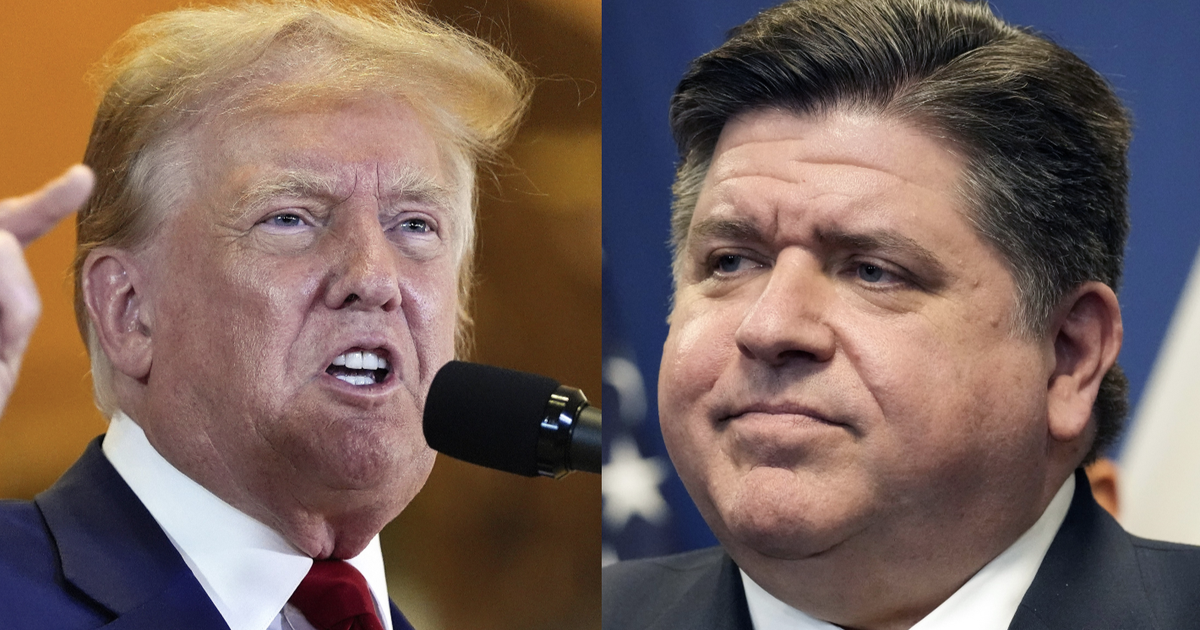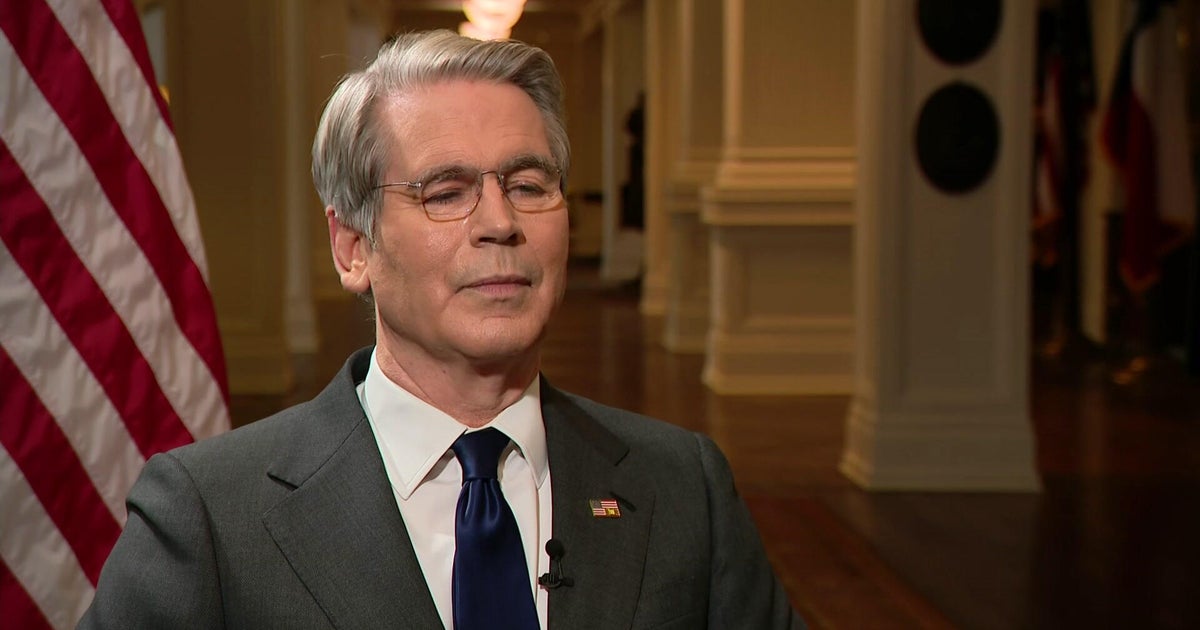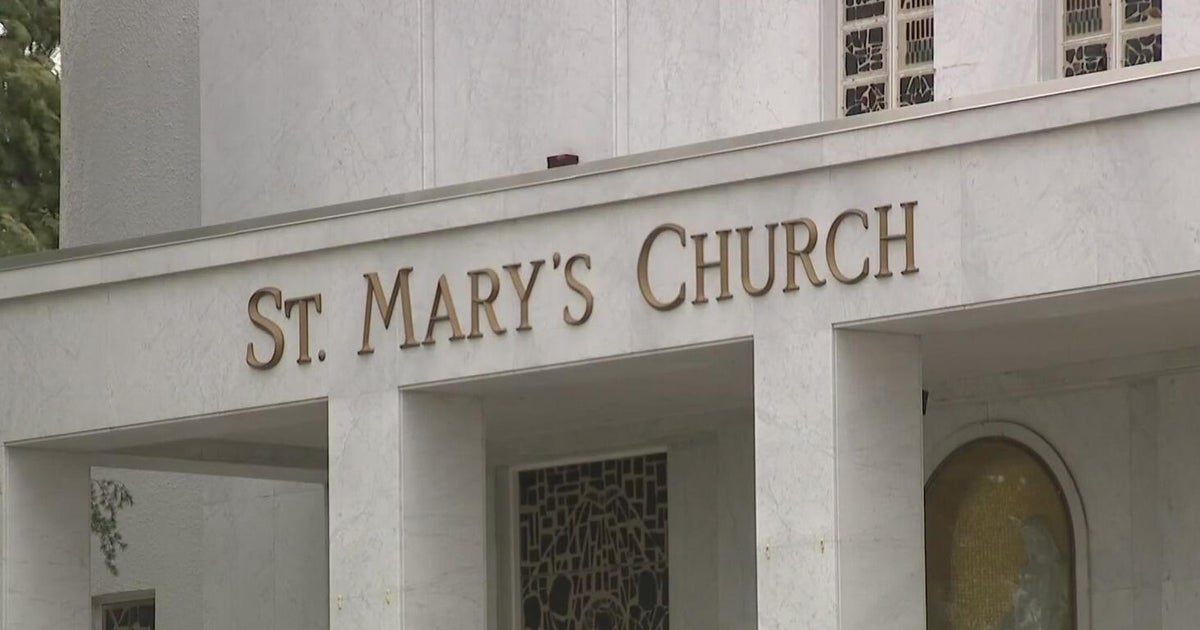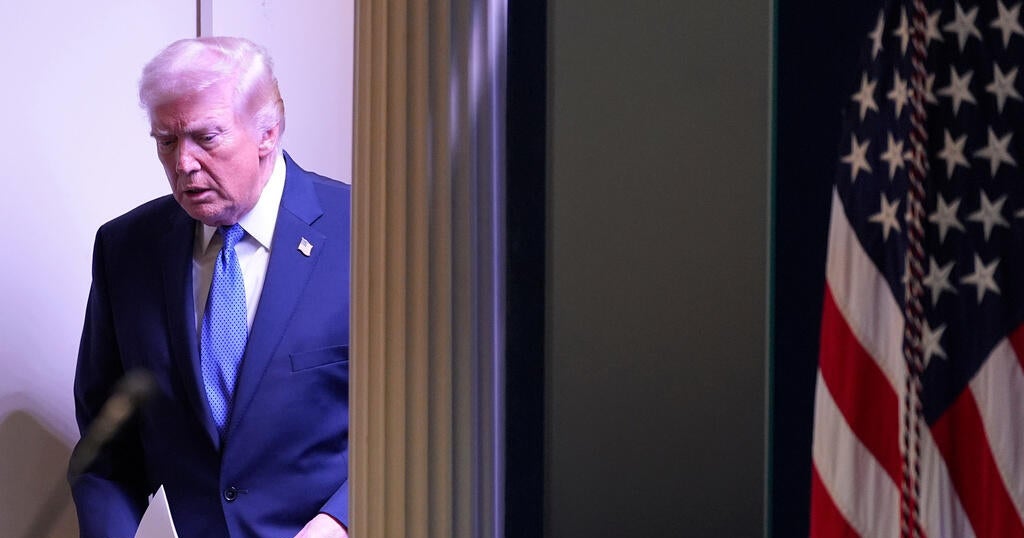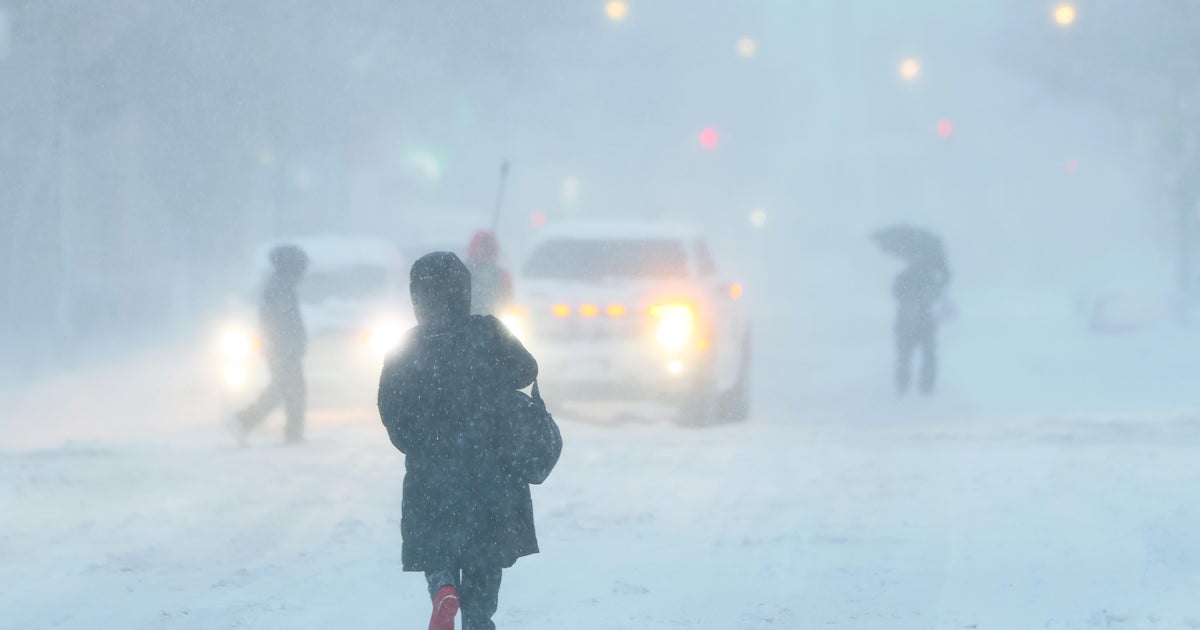Supreme Court Rules On Gun Rights
 The Supreme Court ruled Monday that the Constitution's "right to keep and bear arms" applies nationwide as a restraint on the ability of the federal, state and local governments to substantially limit its reach.
The Supreme Court ruled Monday that the Constitution's "right to keep and bear arms" applies nationwide as a restraint on the ability of the federal, state and local governments to substantially limit its reach.
In doing so, the justices, by a narrow 5-4 margin, signaled that less severe restrictions could survive legal challenges.
Justice Samuel Alito, writing for the court, said the Second Amendment right "applies equally to the federal government and the states."
The court was split along familiar ideological lines, with five conservative-moderate justices in favor of gun rights and the four liberals, opposed.
Two years ago, the court declared that the Second Amendment protects an individual's right to possess guns, at least for purposes of self-defense in the home.
That ruling applied only to federal laws. It struck down a ban on handguns and a trigger lock requirement for other guns in the District of Columbia, a federal city with a unique legal standing. At the same time, the court was careful not to cast doubt on other regulations of firearms here.
Gun rights proponents almost immediately filed a federal lawsuit challenging gun control laws in Chicago and its suburb of Oak Park, Ill, where handguns have been banned for nearly 30 years. The Brady Center to Prevent Gun Violence says those laws appear to be the last two remaining outright bans.
Lower federal courts upheld the two laws, noting that judges on those benches were bound by Supreme Court precedent and that it would be up to the high court justices to ultimately rule on the true reach of the Second Amendment.
The Supreme Court already has said that most of the guarantees in the Bill of Rights serve as a check on state and local, as well as federal, laws.
The case was McDonald v. Chicago.
The court's conservative wing - led by Justices Samuel Alito, John Roberts, Clarence Thomas, and Antonin Scalia - prevailed in the case.
Justices John Paul Stevens, Steven Breyer, Ruth Bader Ginsburg and Sonia Sotomayor were in the minority.
Read more about the case
Read the court's opinion
In other rulings released Monday:
• The Court has rejected appeals by the Obama administration and the nation's largest tobacco companies to get involved in a legal fight about the dangers of cigarette smoking that has stretched more than 10 years.
The court's action, issued without comment Monday, leaves in place court rulings that the tobacco industry illegally concealed the dangers of smoking for decades. But it also prevents the administration from trying to extract billions of dollars from the industry either in past profits or to fund a national campaign to curb smoking.
In asking the court to hear its appeal, the administration said the industry's half-century of deception "has cost the lives and damaged the health of untold millions of Americans."
The appeal was signed by Elena Kagan, the solicitor general, a couple of months before President Barack Obama nominated her to the Supreme Court.
CBSNews.com Special Report: Elena Kagan
• The Court will enter into the nation's charged debate over immigration, agreeing to hear a challenge from business and civil liberties groups to an Arizona law that cracks down on employers who hire undocumented workers.
The justices on Monday accepted an appeal from the Chamber of Commerce, American Civil Liberties Union and others to a lower court ruling that upheld Arizona's law. The measure requires employers to verify the eligibility of prospective employees through a federal database called E-Verify and imposes sanctions on companies that knowingly hire undocumented workers.
© MMX, CBS Interactive Inc. All Rights Reserved. This material may not be published, broadcast, rewritten, or redistributed. The Associated Press contributed to this report.

